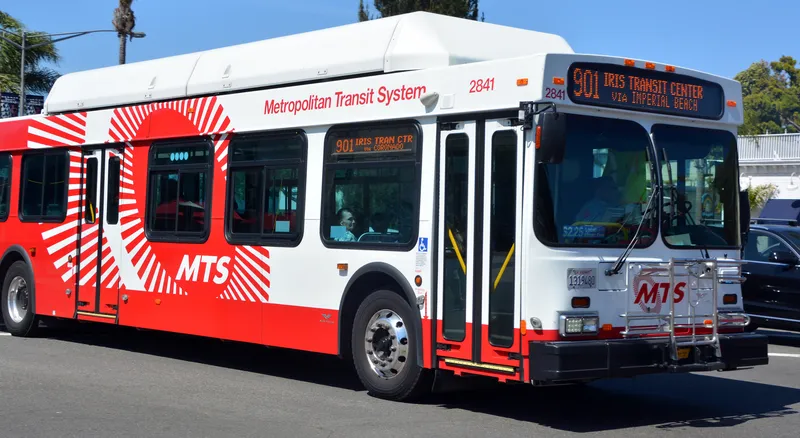Canada’s Regional Municipality of York (YRT/Viva) has partnered with Google and INIT, supplier of ITS and fare collection systems, to offer bus passengers real-time trip plans through Google maps. The service, Google Live Transit Updates, tracks YRT buses using INIT’s GPS-based navigation system and provides passengers with the exact time a bus will depart from their stop. YRT/Viva is the first transit agency in Canada to offer real-time trip planning on Google with up-to-the-minute next bus departure infor
October 10, 2012
Read time: 2 mins
Canada’s Regional Municipality of York (YRT/Viva) has partnered with 1691 Google and 511 INIT, supplier of ITS and fare collection systems, to offer bus passengers real-time trip plans through Google maps.
The service, Google Live Transit Updates, tracks YRT buses using INIT’s GPS-based navigation system and provides passengers with the exact time a bus will depart from their stop. YRT/Viva is the first transit agency in Canada to offer real-time trip planning on Google with up-to-the-minute next bus departure information, although Boston, Portland, San Diego and San Francisco in the US have already deployed the service.
Passengers can access the real-time trip plans and bus departure information via Google maps; by entering a starting address and destination and clicking on the public transit icon, they receive a trip plan complete with transfers, walking directions and map. Real-time bus departure information for a particular stop is accessed by clicking on the transit stop icon. An added benefit includes a satellite view in the mapping feature where passengers can view satellite photos of their travel area making it easy to pinpoint landmarks and find their bus stop.
“The significance of being the first, and currently only, transit agency in Canada to offer Live Transit Updates is monumental. We have the ability to provide an exclusive service that is on the cutting edge of real-time technology within our industry,” said Rajeev Roy, manager of transit management systems at YRT.
Can you also please remove GPRS from the second story in Monday’s news, so the bit after the comma reads which is quickly downloaded using Bluetooth.
The service, Google Live Transit Updates, tracks YRT buses using INIT’s GPS-based navigation system and provides passengers with the exact time a bus will depart from their stop. YRT/Viva is the first transit agency in Canada to offer real-time trip planning on Google with up-to-the-minute next bus departure information, although Boston, Portland, San Diego and San Francisco in the US have already deployed the service.
Passengers can access the real-time trip plans and bus departure information via Google maps; by entering a starting address and destination and clicking on the public transit icon, they receive a trip plan complete with transfers, walking directions and map. Real-time bus departure information for a particular stop is accessed by clicking on the transit stop icon. An added benefit includes a satellite view in the mapping feature where passengers can view satellite photos of their travel area making it easy to pinpoint landmarks and find their bus stop.
“The significance of being the first, and currently only, transit agency in Canada to offer Live Transit Updates is monumental. We have the ability to provide an exclusive service that is on the cutting edge of real-time technology within our industry,” said Rajeev Roy, manager of transit management systems at YRT.
Can you also please remove GPRS from the second story in Monday’s news, so the bit after the comma reads which is quickly downloaded using Bluetooth.










